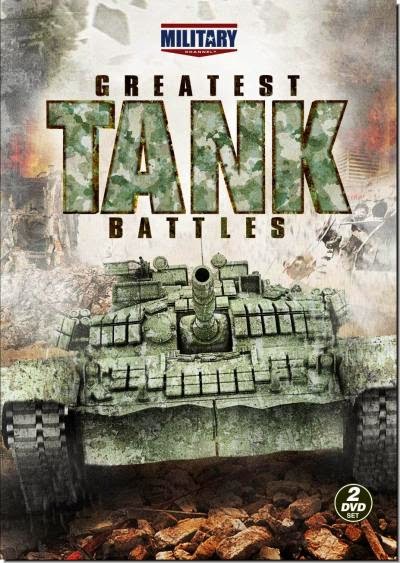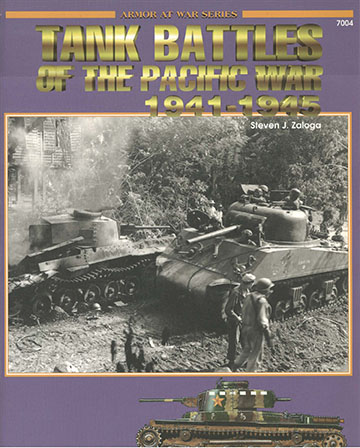

Ayer and cinematographer Roman Vasyanov gradually ratchet up the tension, as a tank crew led by hardened Sgt. (It reminds me, more than a little, of the insanely claustrophobic Israeli tank film “Lebanon.”) But if you get yourself past the star power and the marketing campaign and go see it, you won’t soon forget it.

"Fury" may be too narrow in focus, almost too minimalist, to be remembered as a great war film. That fits well enough, since it seeks to capture the way decent or at least ordinary men can become lost in violent tasks and lose their connection to the outside world. Like Ayer’s cop flicks, “Fury” is a gripping ride all the way through, if somewhat restricted in its emotional and visual range. He wrote two of the most relentless and memorable cop movies of recent years, “Training Day” and “End of Watch” (he also directed the latter), and with “Fury” he turns his intense focus to an even more neglected genre, and to the war that became the crucible of 20th-century American manhood. If Ayer’s pictures all combine ultra-violence, tough-minded realism and masculine sentimentality, at least the blend is distinctive, and bears little or no resemblance to the teen-oriented action fantasies that dominate Hollywood production. Ayer’s brand of cinemacho involves no CGI space-battles or robot superheroes he appears uniquely interested in the long-neglected category of Movies for Your Dad, featuring hardboiled and morally conflicted heroes facing the final test of their moral fiber. That sounds like I’m busting his chops, but it’s not entirely a bad thing. David Ayer, the writer and director of “Fury,” Brad Pitt’s new World War II tank-battle saga, is single-handedly trying to put the macho back into the movies.


 0 kommentar(er)
0 kommentar(er)
